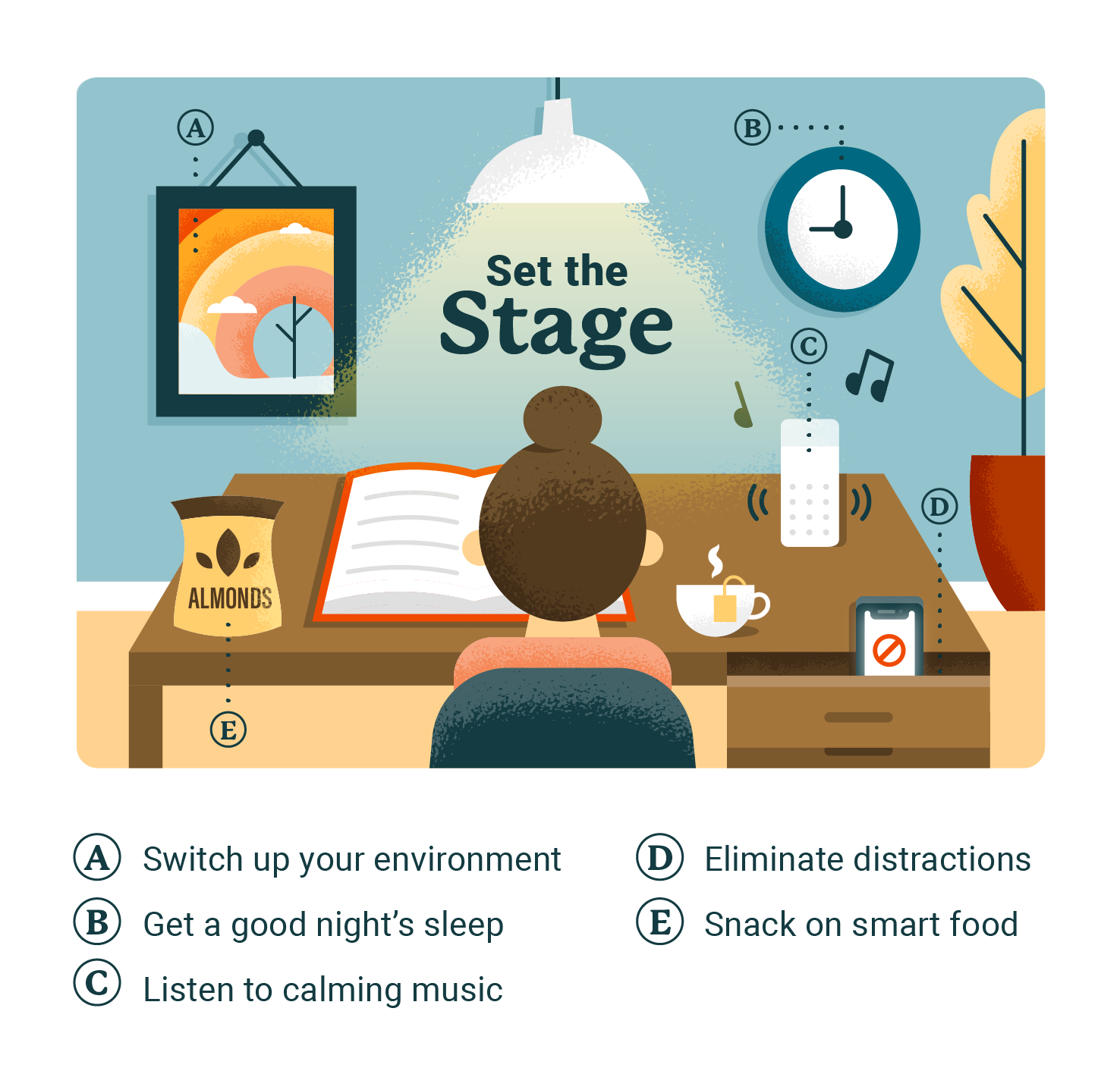 Learning new skills is an essential part of personal and professional development. It allows individuals to expand their knowledge, improve their capabilities, and adapt to a rapidly changing world. However, studying new skills can be challenging, especially if one is not equipped with effective study techniques. In this article, we will explore various strategies to help individuals learn new skills efficiently and effectively.
Learning new skills is an essential part of personal and professional development. It allows individuals to expand their knowledge, improve their capabilities, and adapt to a rapidly changing world. However, studying new skills can be challenging, especially if one is not equipped with effective study techniques. In this article, we will explore various strategies to help individuals learn new skills efficiently and effectively.
Understanding the learning process
Before diving into the study techniques, it is important to understand the learning process. People have different learning styles, such as visual, auditory, and kinesthetic. Recognizing your preferred learning style can help tailor your study techniques accordingly. Additionally, self-awareness plays a crucial role in learning. Understanding your strengths, weaknesses, and learning preferences can guide you in selecting the most effective study techniques.Setting goals and creating a study plan
Setting clear goals is essential for effective learning. Start by identifying the specific skill you want to learn. Once you have identified the skill, break it down into smaller, achievable goals. This approach allows you to track your progress and provides a sense of accomplishment as you reach each milestone. Creating a study schedule is equally important. Allocate specific time slots for studying and stick to the schedule to maintain consistency.Active learning techniques
Active learning techniques involve engaging with the material actively rather than passively absorbing information. One effective technique is taking comprehensive notes. Summarize the key points, concepts, and examples while studying. This helps reinforce your understanding and serves as a valuable resource for future reference. Another technique is hands-on practice and experimentation. Actively applying what you have learned through practical exercises can solidify your understanding and enhance skill development. Additionally, utilizing mnemonic devices or memory techniques, such as acronyms or visualization, can aid in remembering complex information.Utilizing technology and online resources
In today’s digital age, technology and online resources offer a plethora of opportunities for learning new skills. When studying, seek credible sources and online courses related to your desired skill. Platforms like Coursera, Udemy, or Khan Academy provide a wide range of courses taught by experts in various fields. Educational apps, such as Duolingo for language learning or SoloLearn for coding, can be excellent tools for skill acquisition. Additionally, joining online communities and forums dedicated to your area of interest can provide support, guidance, and opportunities for collaboration with like-minded individuals.Enhancing focus and concentration
Maintaining focus and concentration is crucial for effective studying. Create a conducive study environment free from distractions. Find a quiet space, eliminate potential interruptions, and organize your study materials. Additionally, practicing mindfulness and meditation can improve your ability to concentrate. Take short breaks during study sessions to relax your mind and recharge. Managing distractions, such as turning off notifications on your phone or using website blockers to limit access to social media, can also help maintain focus.Utilizing effective study techniques
Lastly, utilizing effective study techniques can enhance learning and retention. One technique is the “spaced repetition” method. Instead of cramming all the information in a single study session, space out your study sessions over time. This allows for better retention and long-term memory. Another technique is teaching others. Explaining what you have learned to someone else not only reinforces your understanding but also helps identify areas where you may need further clarification or study.Are the Memorization Techniques for Exams also Effective for Learning New Skills?
When it comes to learning new skills, the effectiveness of proven techniques for memorizing information becomes a matter of debate. While these techniques might aid in exam preparation by facilitating quick recall, they may not necessarily promote deep understanding or long-term retention. Developing a comprehensive understanding of a new skill requires active learning, practice, and application in real-life situations. Consequently, relying solely on memorization techniques may limit holistic skill acquisition.
